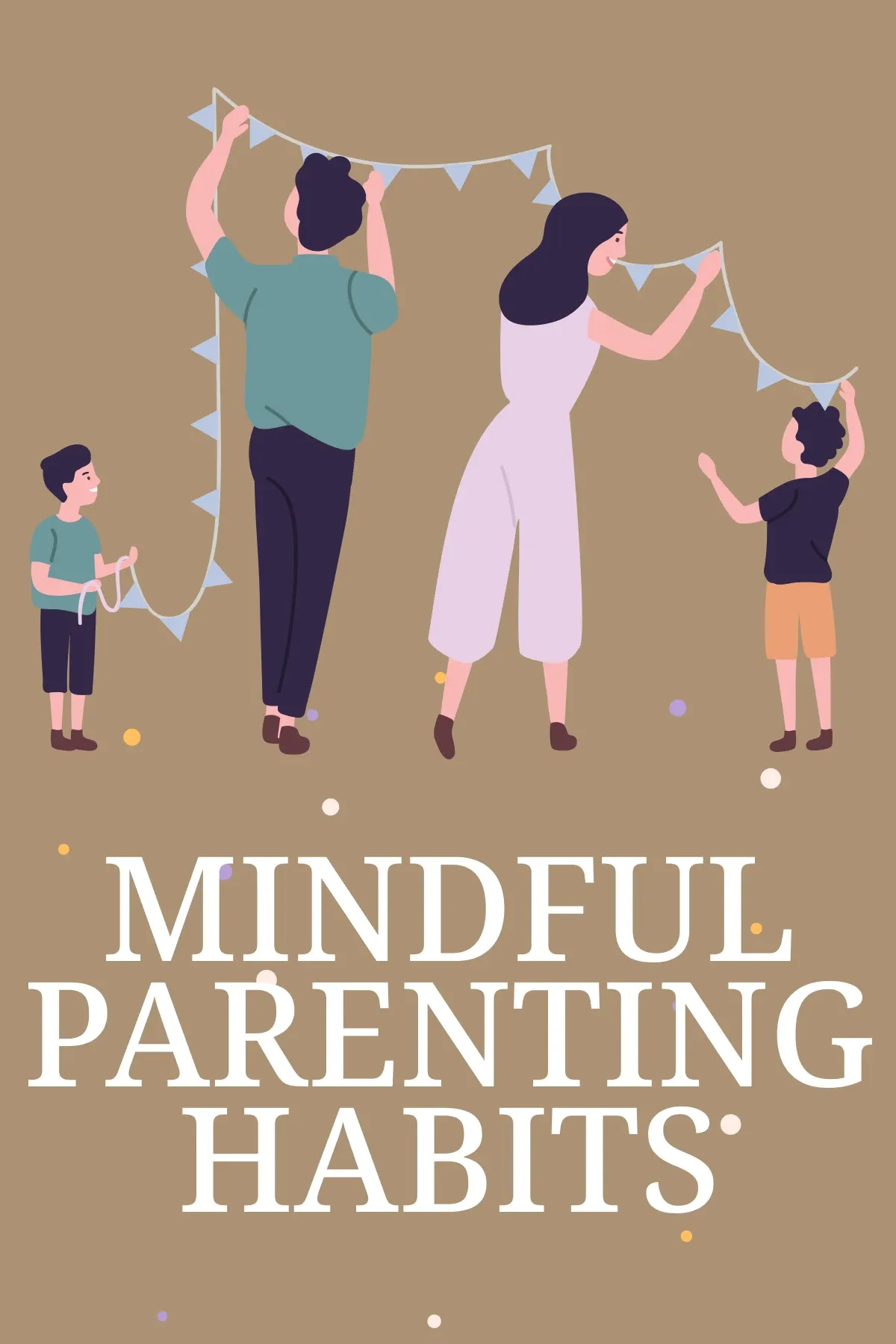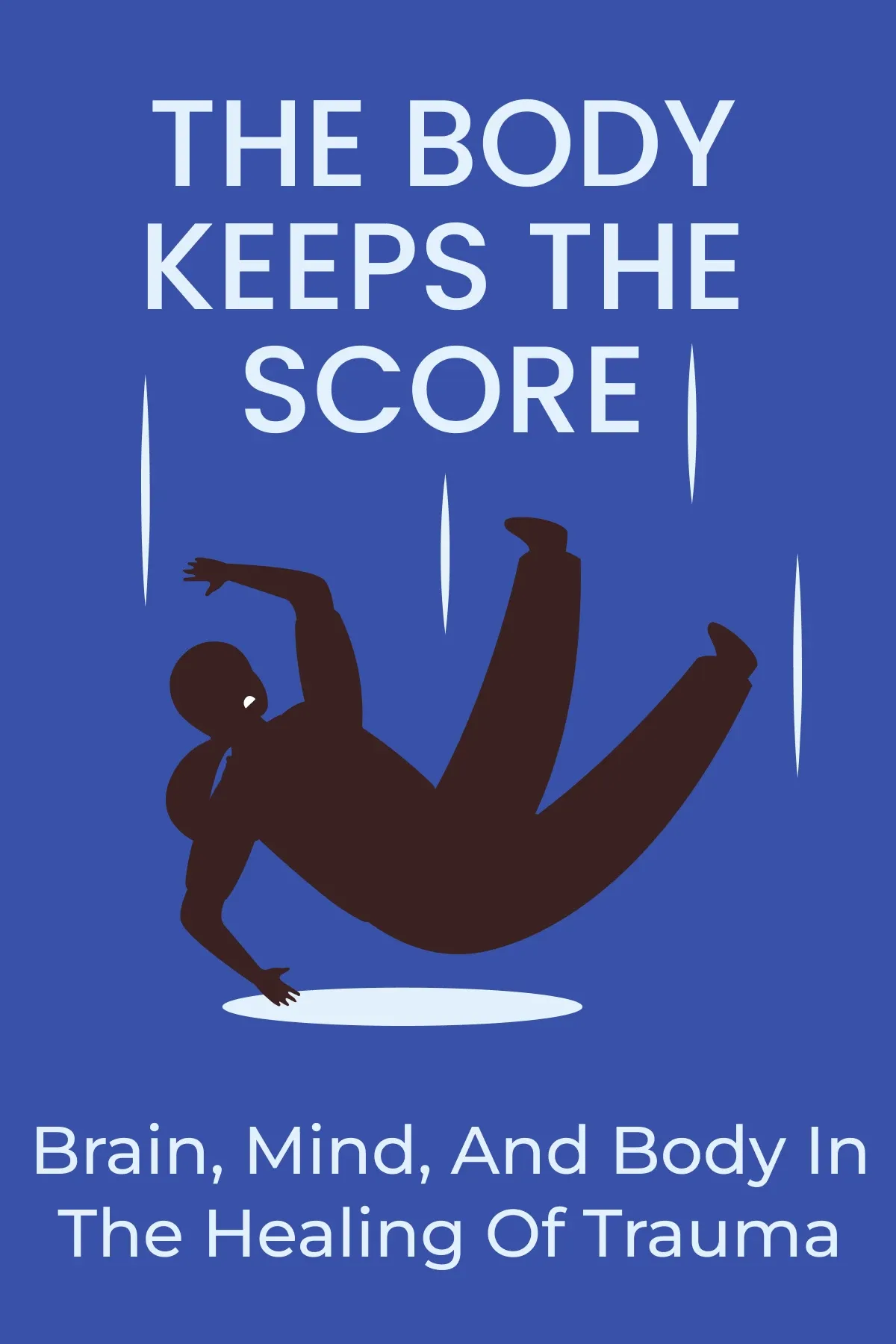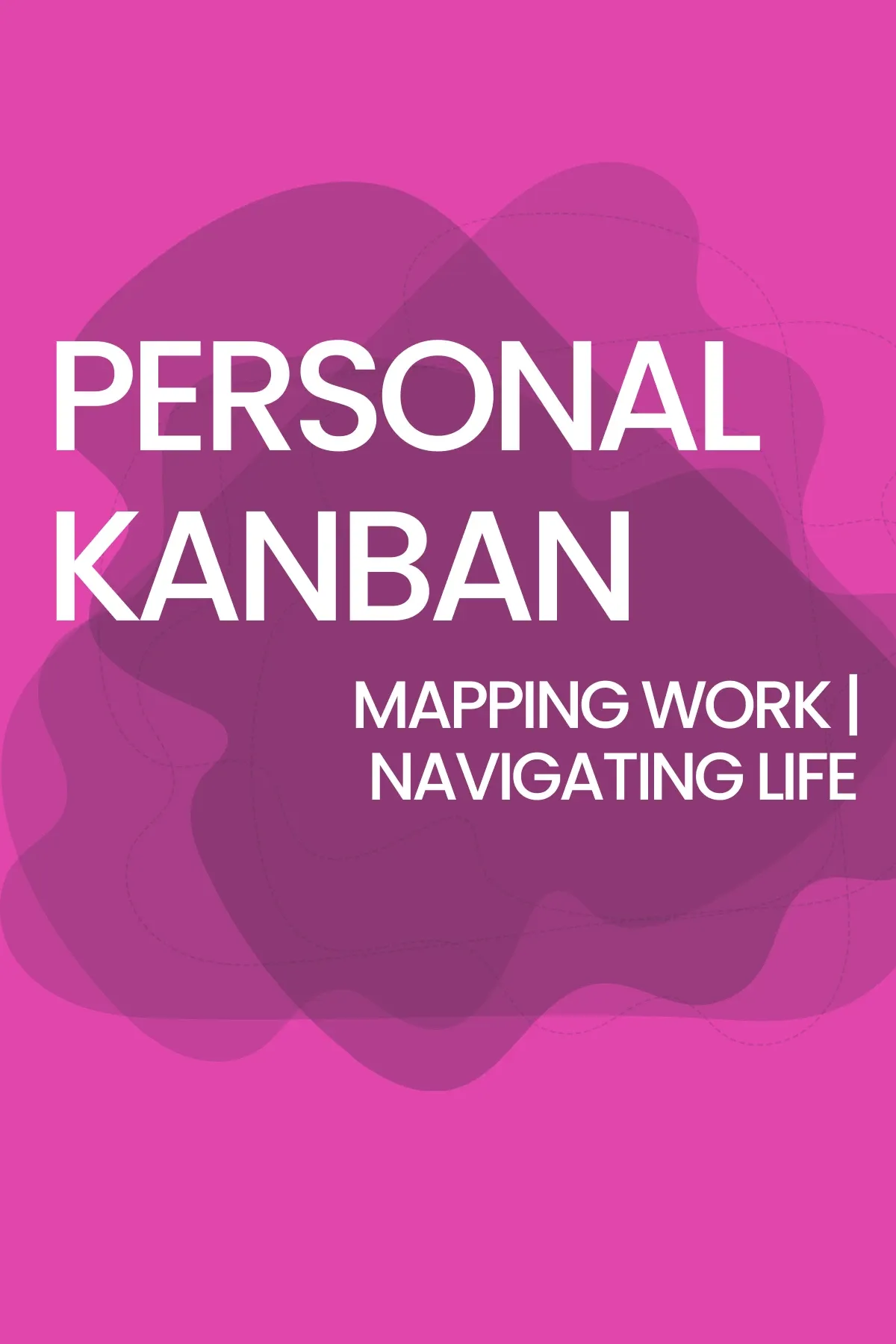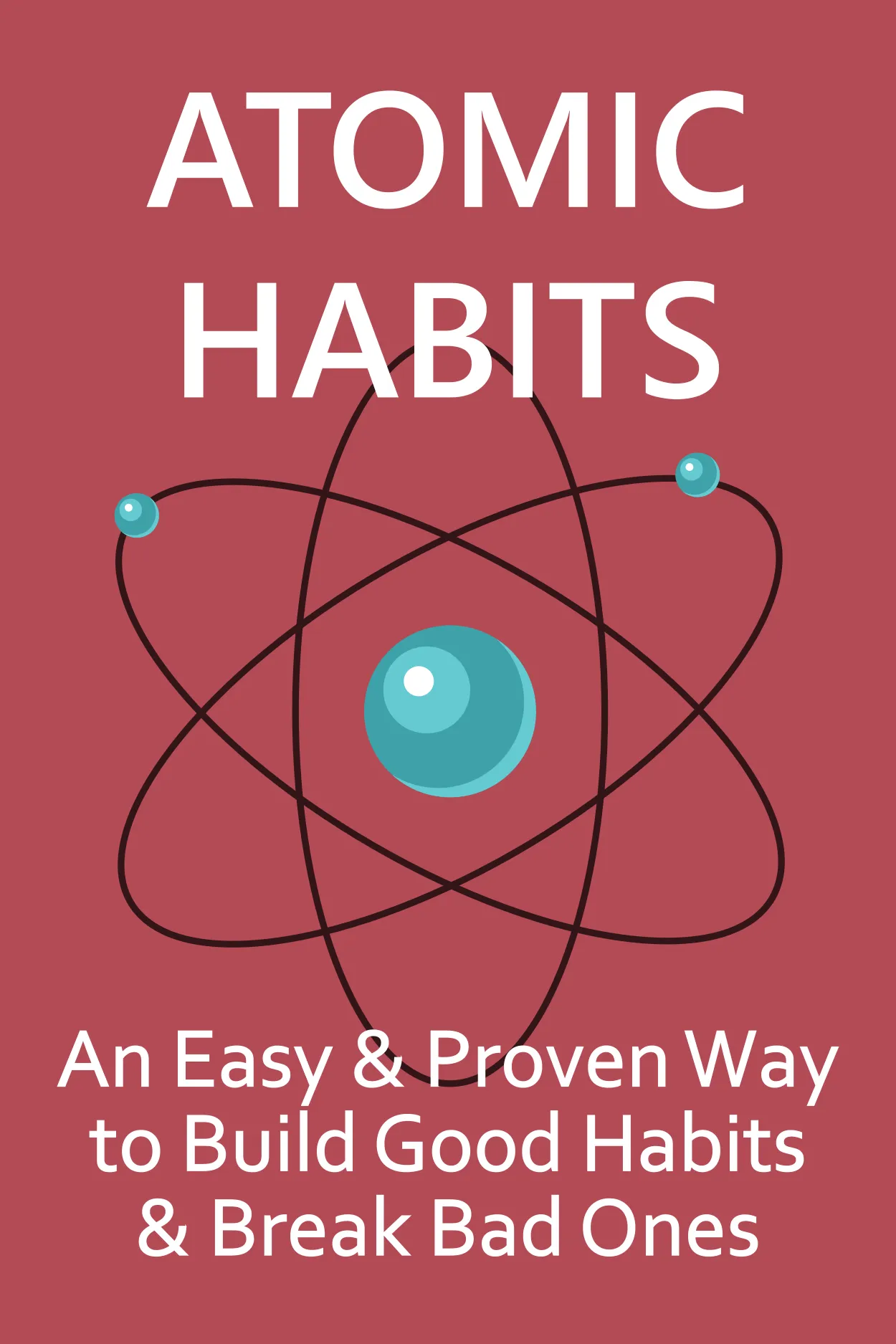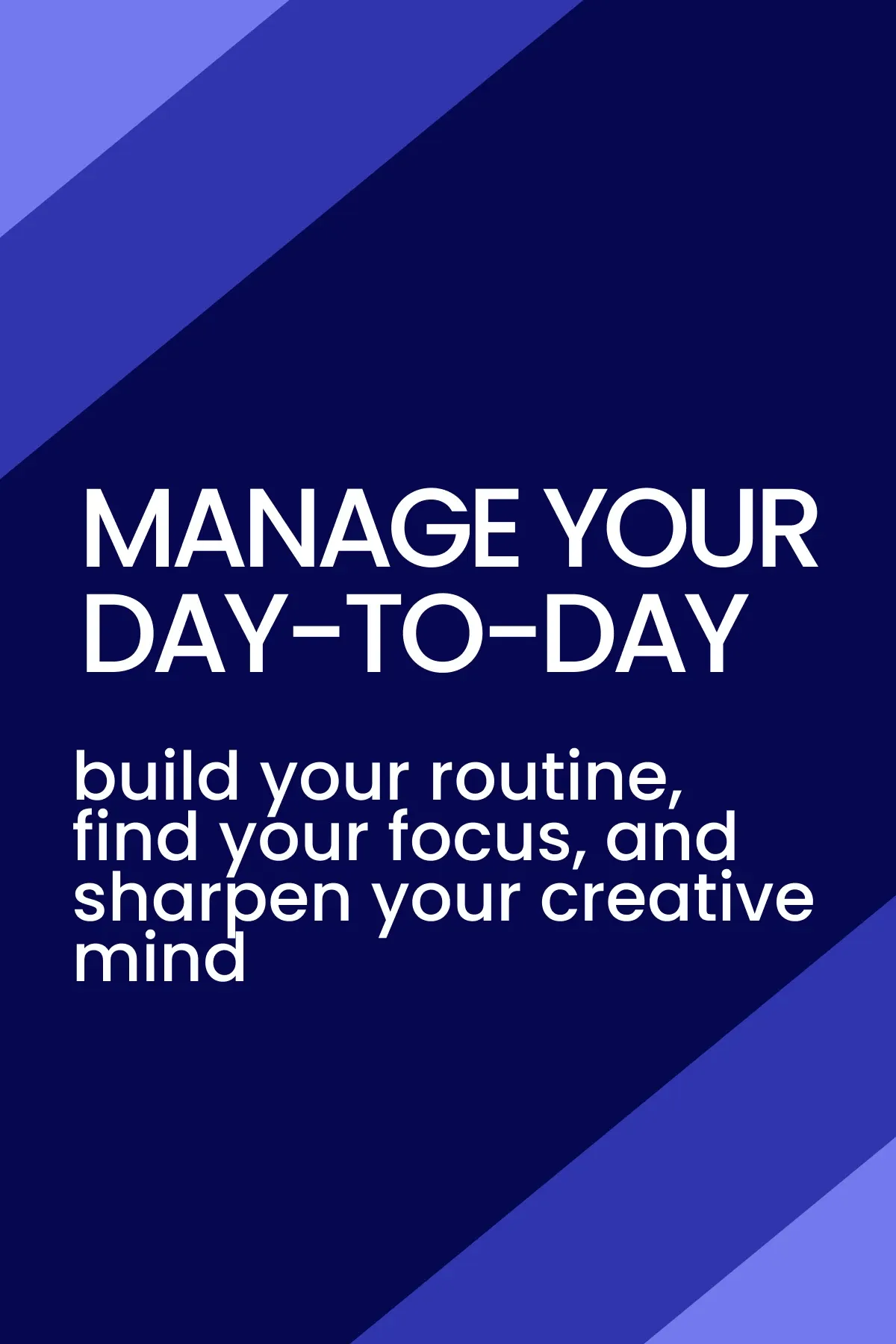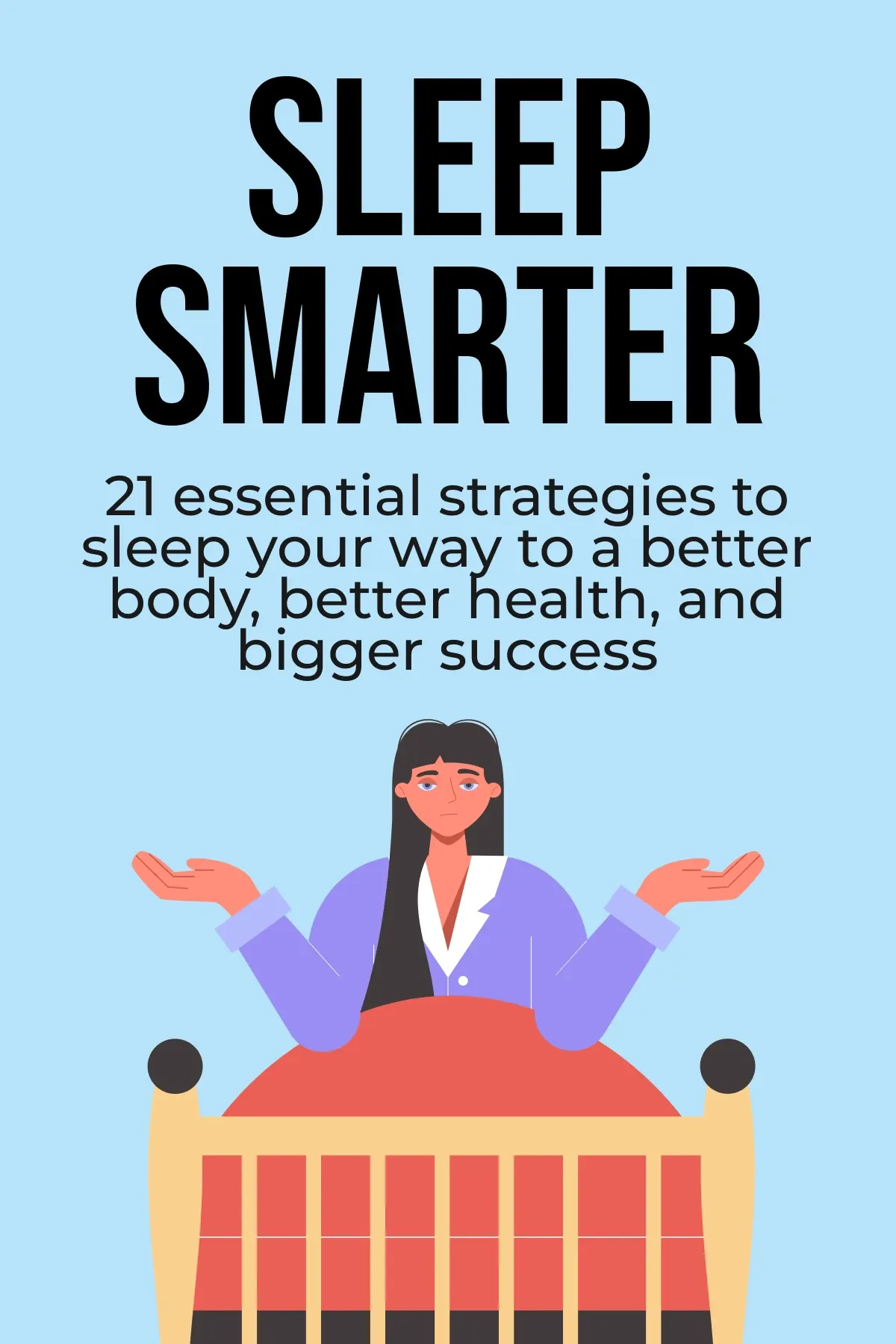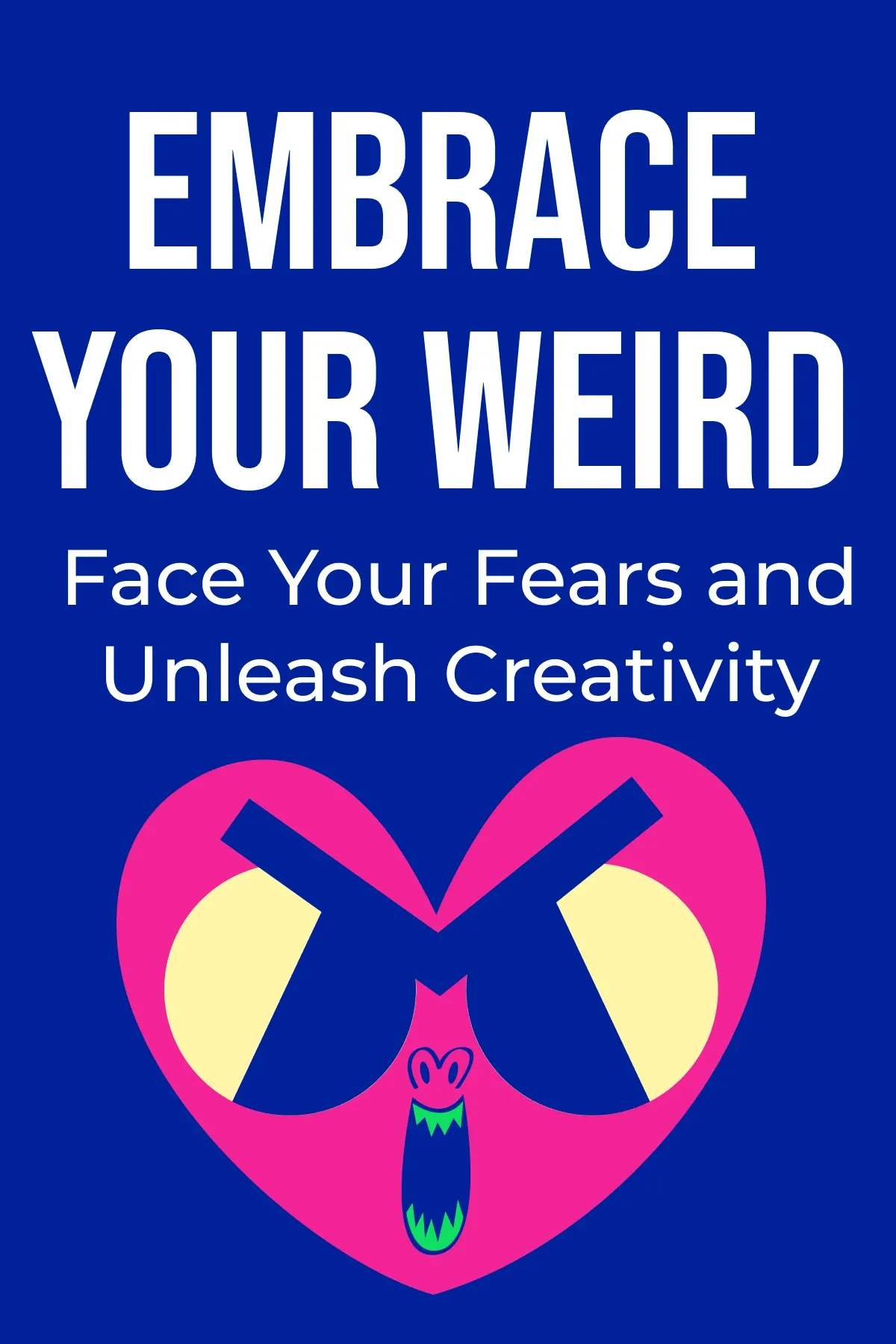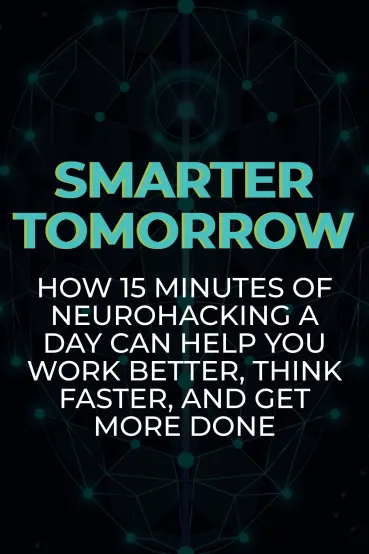
Smarter Tomorrow
Brief Summary
In “Smarter Tomorrow”, Elizabeth R. Ricker, a renowned expert in cognitive development, combines cutting-edge research with practical strategies. Ricker provides a comprehensive roadmap for anyone seeking to enhance their intelligence, creativity, and overall cognitive functioning. This book will help you optimize your brain's capabilities and achieve remarkable results.
Key points
Key idea 1 of 7
Like a diverse collection of fingerprints, every brain possesses its distinct identity. Scientific research reveals that genetic factors contribute only half of your intelligence. Non-genetic components, such as personal experiences and habits, mold the other part. Interestingly enough, even if you are an identical twin, your brain's neurology sets you apart from your sibling.
Your brain's intricate connections undergo constant transformations, influenced by your actions and choices. This phenomenon is known as neuroplasticity. It enables the neurons in your brain to establish new pathways as you acquire fresh skills or cultivate new habits. Conversely, these connections can weaken if neglected, creating a "use it or lose it" scenario. Neuroscientists explain that neurons that fire in unison wire together, while those that fall out of sync lose their link.
Let's examine the process of learning a new melody on the piano. As you start your musical classes, each dedicated practice session weaves together fresh neural connections. Your work solidifies your understanding and proficiency. These connections gradually enhance their efficiency with persistent effort. Your path to mastery and fluency is clear from now on.
A compelling insight into the profound impact of neuroplasticity emerged in 2014. A team of Korean researchers focused on archers of differing skill levels. A disparity unfolded comparing brain scans of novice students to those of Olympic medal-winning archers. The minds of the aspiring students glowed with heightened activity, wrestling with the unfamiliar task at hand. The proficient archers' brains exhibited efficiency. They used only specific regions, releasing arrows with unparalleled precision.
By harnessing the power of neuroplasticity, we unlock the ability to identify and target our weaknesses. The only thing we need is practice. Yet, pursuing improvement remains a profoundly personal endeavor, as our unique attributes shape our definition of progress. It's remarkable that certain traits, once perceived as hindrances, can manifest as extraordinary strengths.
Take, for instance, conditions like ADHD. It may bestow unexpected advantages in specific contexts rather than being solely viewed as weaknesses. For example, the prevalence of ADHD among emergency surgeons reveals how these individuals thrive on intense bursts of focused energy. They leverage their abilities to navigate high-pressure situations rather than require sustained attention alone.
You may also like these summaries



